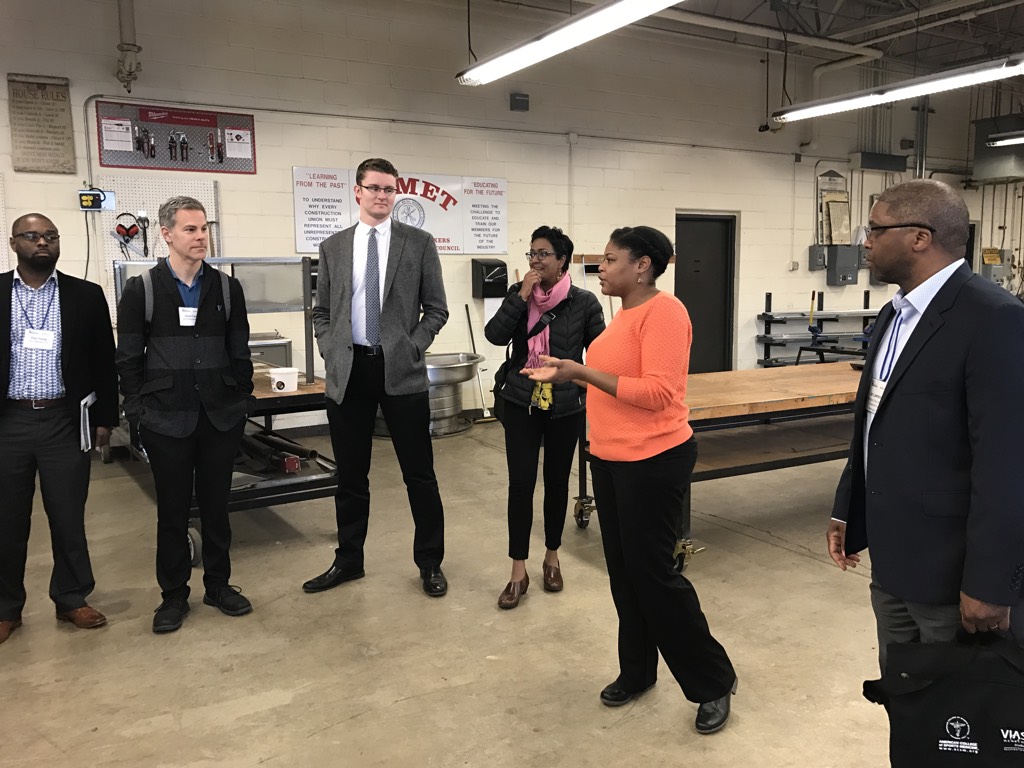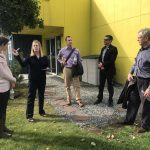Creating Employee Ownership Opportunities in Boston to Address Economic Mobility and Income Inequality.
City of Boston’s Equity Focus
The City of Boston’s equity goal is to increase economic mobility and community wealth by supporting the creation and expansion of employee-owned businesses throughout the city. An employee-owned business is one where employees have a partial ownership stake and play a greater role in decision-making about the company, wages, and working conditions. These types of businesses can take the form of a worker cooperative or an employee stock ownership plan (ESOP). The fellowship team believes employee ownership can be used as a tool to promote economic mobility, offering an opportunity for residents of varying income levels to build wealth and strengthen the city’s economy as a whole. Employee ownership will also improve employee engagement and make workplaces more amenable to employee input, which can improve business operations.
Recommendations from Technical Advisory Visit
The visiting advisory team observed many of the necessary ingredients for a successful employee ownership movement already exist in the city, including strong political commitment, cutting-edge public workforce programs, and existing connections to energized stakeholders in the worker cooperative space. However, the visiting team also identified potential obstacles for supporting employee ownership, both in Boston and nationwide, such as funding mechanism limitations, a lack of awareness among the local business community about employee-ownership, and the small number of local or national examples to use as a model (for example, there are currently fewer than ten worker cooperatives in Boston, and only about 500 worker cooperatives throughout the U.S.).
The major recommendations from the advisory panel were to 1) develop a data-driven project analysis to guide the City’s work, 2) clearly identify the City’s role as a champion for employee-owners and a convener of stakeholders, and 3) leverage existing programs to support the creation and expansion of employee-owned local businesses.
Specific strategies suggested by the advisory team include:
- Collect data on the existing needs of the City’s small businesses to more clearly identify the type(s) of technical/funding assistance that would be needed to grow the number of employee-owned businesses
- Develop an asset map of the local, state, and national programs dedicated to employee-ownership that can be tapped into for support
- Determine which type(s) of strategies will be most effective (e.g., outreach, start-up development, conversions, technical assistance, and/or incentives) based on the level of investment from the city
- Create an Employee Ownerships Advisory Council to the Mayor on employee-ownership
- Develop a certification program for employee-owned businesses to raise awareness among consumers and incentivize them to “buy local” from a worker cooperative or ESOP
- Host a public “Employee-Ownership Week” celebration (possibly at Harpoon Brewery)
- Explore the possibility of leveraging private anchor institutions to prioritize purchasing from local employee-owned businesses
- Train existing employee-owned companies on how to bid for a contract in the City’s procurement process
- Explore expanding existing funding sources (e.g., Inclusionary Development Policy developer fees) to cover employee-owned business development




